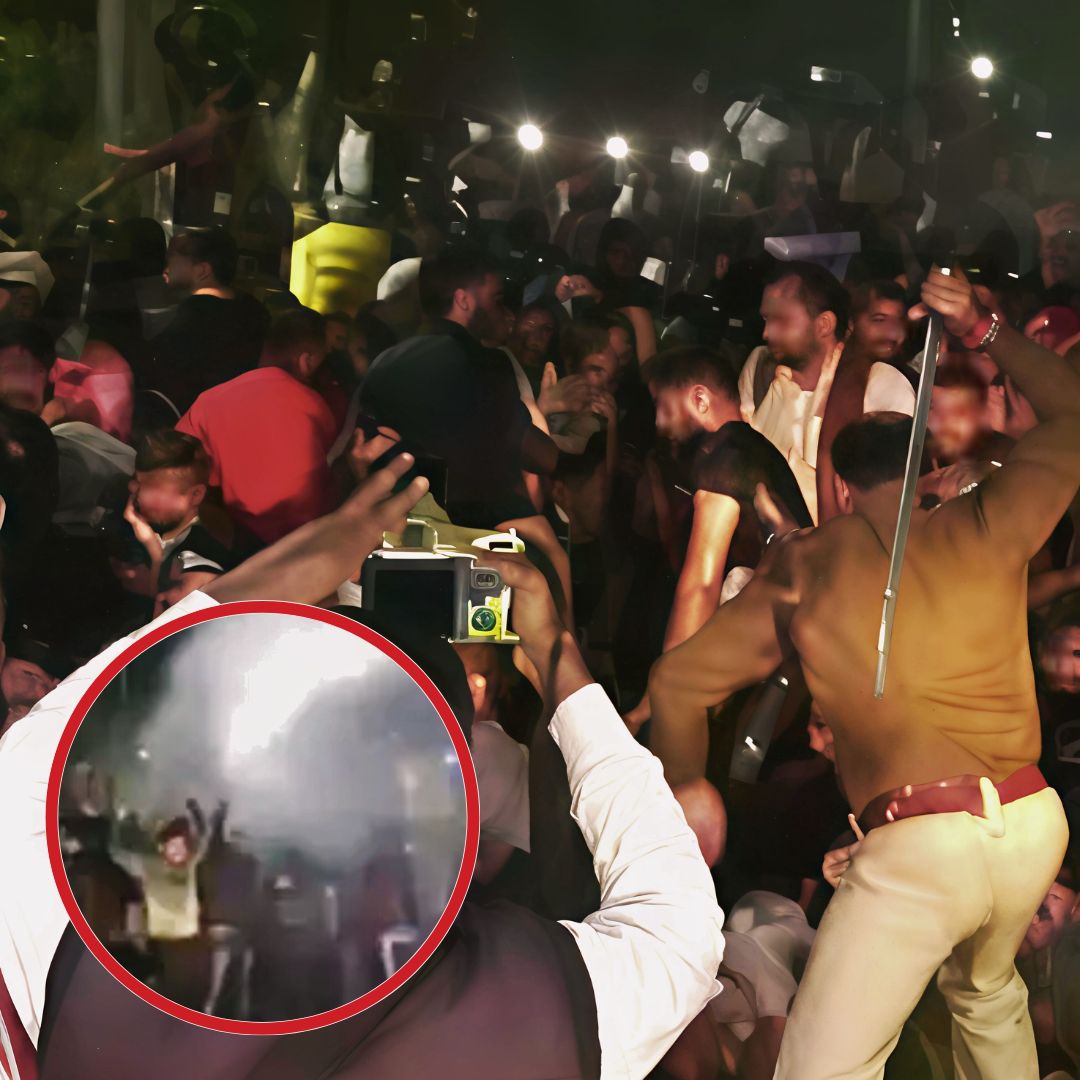On December 29, 2024, Patna police clashed with thousands of BPSC (Bihar Public Service Commission) aspirants protesting at Gandhi Maidan, demanding a re-examination of the 70th BPSC prelims held on December 13. The protesters alleged significant irregularities, including question paper leaks and non-functional CCTV cameras at various examination centres. Jan Suraaj Party founder Prashant Kishor led the protest, calling for a meeting with Chief Minister Nitish Kumar, while the police responded with water cannons and lathi charges to disperse the crowd.
Protest Escalation and Political Mobilization
The protest gained momentum as thousands gathered at Gandhi Maidan, demanding to meet Chief Minister Nitish Kumar to discuss their grievances. Prashant Kishor, who has been vocal about the alleged examination irregularities, stated that the situation cannot continue as it is. He emphasized that students are justified in their demand for a fresh examination across all centres, not just the one where an exam official died during the exam.
Following police barricades preventing access to the Chief Minister’s residence, tensions escalated, leading to clashes between demonstrators and law enforcement. Eyewitness accounts reported that police initially used water cannons to disperse crowds, followed by a controlled lathi charge that resulted in multiple student injuries. Approximately 150-200 protesters were temporarily detained at nearby police stations.
Chronology of Examination Controversies
The December 13 BPSC preliminary examination has been marred by multiple allegations of misconduct. Out of the approximately 3.8 lakh students who appeared for the exam, many reported inconsistent question paper distribution, technical glitches at examination centres, and suspected irregularities in answer sheet management. One student shared their experience: “We waited for hours as the question papers were not distributed on time. It felt chaotic and unfair.”
This protest represents a culmination of mounting frustrations among aspirants who view the examination as critically compromised. Social media platforms have been flooded with student testimonials documenting their experiences, creating a digital archive of grievances.
Institutional Response and Legal Implications
BPSC officials maintained a defensive stance, agreeing to reschedule the examination only for one Patna centre where an exam official died during the original examination. The commission categorically rejected widespread re-examination demands, arguing that isolated incidents did not warrant a complete cancellation. A senior BPSC official stated, “We have strict protocols and cannot invalidate an entire examination based on unsubstantiated claims.” Meanwhile, student groups have initiated legal consultations, exploring potential judicial interventions and preparing comprehensive documentation of alleged examination irregularities.
Legal experts suggest that if students can provide compelling evidence of systemic issues, they may have grounds for a successful challenge in court.
Political and Social Ramifications
The protest has significant political undertones, with opposition parties leveraging student frustrations to challenge the current state government’s administrative competence. Opposition leader Tejashwi Yadav condemned police actions as “painful,” highlighting injuries sustained by protesters during clashes. He criticized the BPSC’s decision to reschedule only one centre’s examination while ignoring complaints from other locations. Prominent educators like Khan Sir have also joined the protests, amplifying calls for accountability within the BPSC. The ongoing unrest reflects broader concerns about examination integrity and governance in Bihar.
Future Implications and Community Engagement
As this situation unfolds, it raises critical questions about the future of competitive examinations in Bihar and beyond. Will this protest lead to significant reforms within the BPSC? Could it inspire similar movements across other states facing educational inequities? The outcome may set a precedent for how authorities respond to student grievances moving forward.
The Logical Indian’s Perspective
This unfolding situation underscores critical issues within India’s educational assessment framework: transparency, fairness, and accountability. How can we ensure that examination processes uphold the rights of students while maintaining institutional integrity? The current events call for urgent dialogue between authorities and student representatives to address grievances constructively and foster trust in public institutions. Engaging in meaningful discussions could pave the way for reforms that benefit future generations of aspirants.
What steps do you think should be taken to improve transparency in examination processes?
#WATCH | Bihar | Police use mild-lathi charge and water cannon to disperse the BPSC aspirants protesting in Patna's Gandhi Maidan, demanding a re-exam to be held for the 70th BPSC prelims pic.twitter.com/R0hxqArAYv
— ANI (@ANI) December 29, 2024










